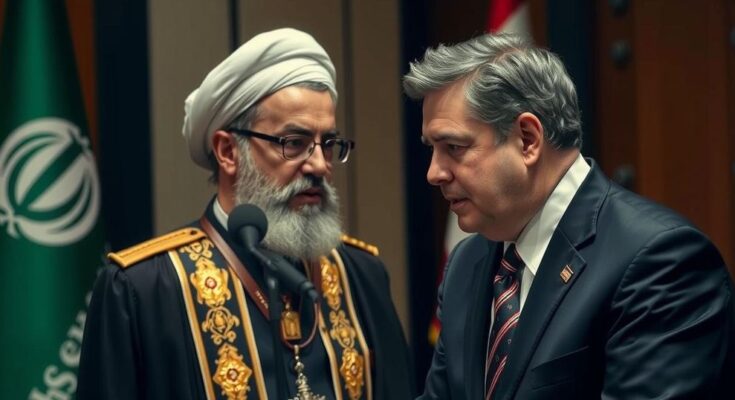Iran denies claims of a meeting between its UN envoy and Elon Musk, with spokesman Esmaeil Baghaei calling the report from The New York Times unfounded and expressing surprise at the media coverage of the situation.
Iran’s foreign ministry has firmly rejected claims regarding a meeting between Tehran’s envoy to the United Nations and Elon Musk, the prominent American entrepreneur known for his ventures in technology and space exploration. The spokesperson, Esmaeil Baghaei, expressed astonishment at the assertions made by The New York Times, characterizing the report as unfounded. This denial emphasizes Iran’s stance amidst ongoing tensions and complicated diplomatic relations with the United States, particularly in the realms of technology and international communication.
The relationship between Iran and the United States has historically been fraught with tension, particularly in the realms of politics and technology. As of late, international interactions involving tech leaders and foreign dignitaries can attract significant attention, often sparking speculation and discussion. Elon Musk’s name often surfaces in matters of innovation and technological advancements, drawing focus toward any potential engagement with foreign governments. This context lends importance to the claims surrounding a supposed meeting, making Iran’s outright denial noteworthy in the global discourse.
In conclusion, the Iranian government’s categorical denial of any meeting between its UN envoy and Elon Musk underscores the complexities of its foreign relations, particularly with the United States. As tensions remain high, any meetings or discussions involving key figures such as Musk are likely to be scrutinized heavily, making Iran’s swift rejection of such claims significant. This situation illustrates the intricate balance of diplomacy and media narratives in international relations today.
Original Source: www.barrons.com




